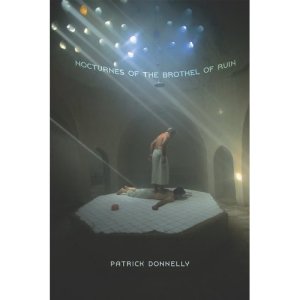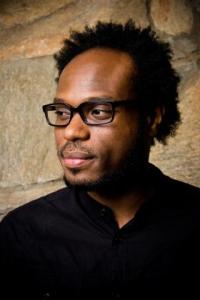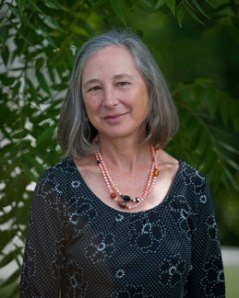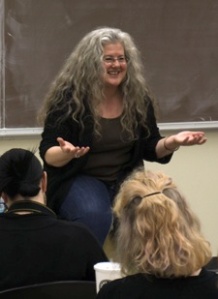Nocturnes of the Brothel of Ruin (2012, Four Way Books), a collection of poetry by alumni Patrick Donnelly (poetry, ’03) is one of five finalists for a Lambda Literary Award in the category of Gay Poetry. The winners will be announced at a ceremony on June 3rd in the Great Hall of Cooper Union in New York.
Now in their twenty-fifth year, the Lambda Literary Awards celebrate achievement in lesbian, gay, bisexual, and transgender (LGBT) writing for books published in 2012.
Lambda Literary Foundation set a new record in 2013 for both the number of LGBT books submitted for Lammy consideration, 687, and the number of publishers participating, 332. This beats the record-setting numbers in 2012 of 600 titles by over 250 publishers and is the fourth consecutive year of growth in submissions and publishers.








